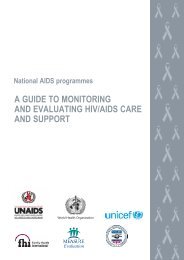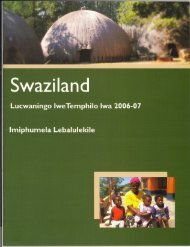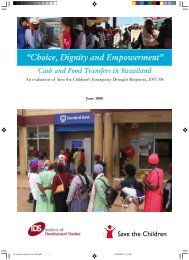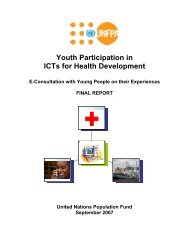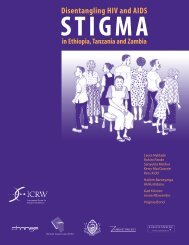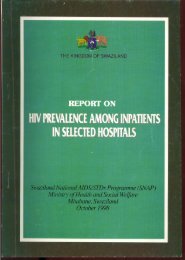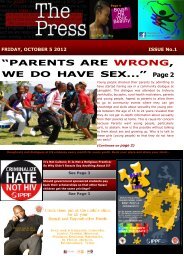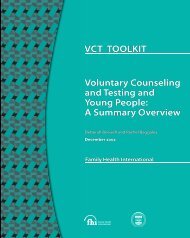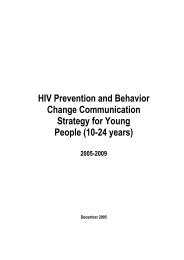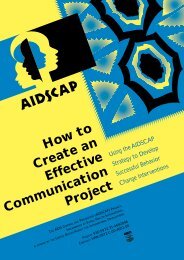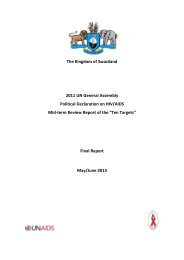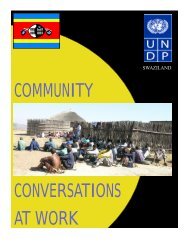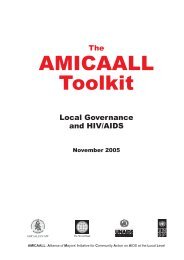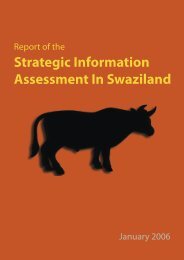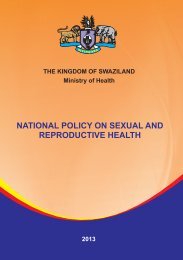HIV/AIDS+WORK Swaziland
HIV/AIDS, work and development - (NERCHA), the Info Centre
HIV/AIDS, work and development - (NERCHA), the Info Centre
- No tags were found...
Create successful ePaper yourself
Turn your PDF publications into a flip-book with our unique Google optimized e-Paper software.
A. Situation analysisPiggsPeakMhlumeMBABANELobambaManziniSitekiMankayaneBigBendHlatikuluNhlanganoLavumisa1. Recent economic trends and labourmarket situationThe Kingdom of <strong>Swaziland</strong> gainedindependence from Britain in 1968 underKing Sobhuza II, who wielded almost absolutepower, and the current king, Mswati III, hasmaintained that legacy. The first phase afterindependence (1968–73) was characterizedby multi-party democratic processes withina monarchical system. In the second phase(1973 onwards), the inherited constitutionwas repealed in 1973 by the Royal Decree,which banned political activities and enabledthe king to assume legislative, judicial andexecutive powers. Some changes have takenplace over the years with the emergence of anew parliament and regional councils based ontraditional Swazi law, resulting in a dual systemof government.2<strong>Swaziland</strong>: <strong>HIV</strong>/AIDS work and development<strong>Swaziland</strong> is the smallest country inSouthern Africa, with an estimated populationof 1 million. The country has a good roadand communications infrastructure and itis possible to reach the two main cities fromany part of the country within two hours.Traditionally there has been a large migrantworking population working in South Africanmines but, in the past 20 years, the immigrant



